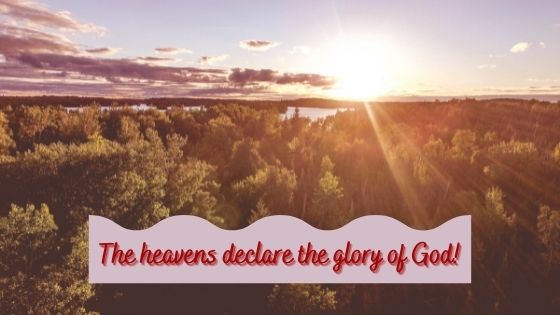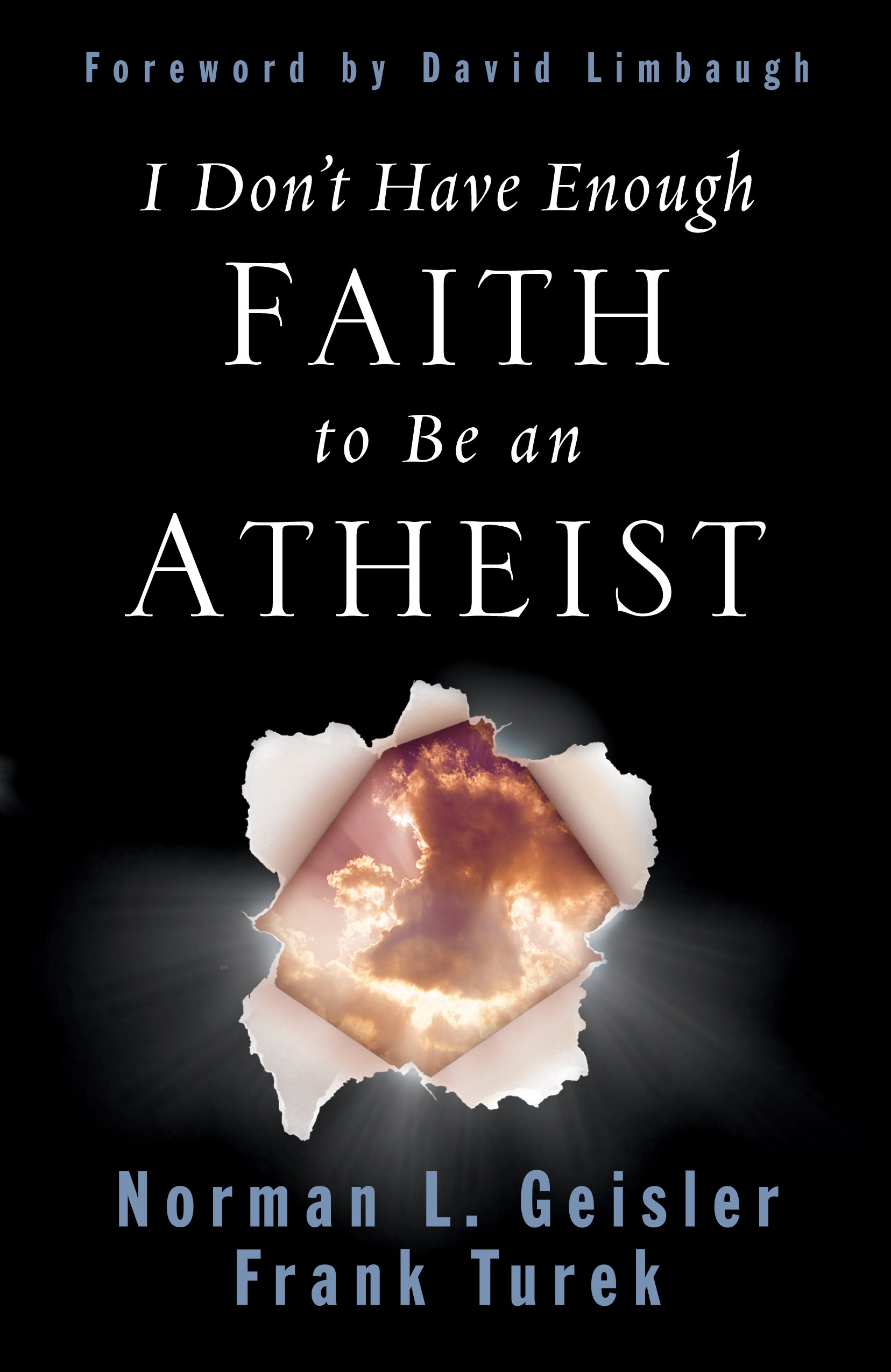One of the best arguments for the existence of God is the existence of creation. When people say, “Give me concrete evidence that God exists.” Just politely respond, “You simply have to look at nature and you’ll know that God exists.”
Paul told the Athenians on the Aeropagus that God had arranged the world so that people “should seek the Lord, in the hope that they might grope for Him and find Him, though He is not far from each one of us” (Acts 17:27).
Bible Verse: Psalm 19:1
“The heavens declare the glory of God, and the firmament shows His handiwork.”
The Creation Bears Evidence
“The heavens declare the glory of God” to every person every day and even to those who have never heard a preacher or read a Bible. Have you ever gazed into the heavens and felt the presence of God? Have you ever scanned the skies? Or watched the stars glitter like an ocean of diamonds sprinkled against the velvet blackness of God’s infinite canopy?
Long before the gospel was written in sacred Scriptures, it was written in the sky dotted with dazzling stars. It was highlighted by the blazing sun and the gentle glow of the moon. The power, presence, and personality of God are evident in all of His creations.

Although “the fool has said in his heart, ‘There is no God’ (Psalm 14:1), yet all creation says that anyone who can see the sky can know of God.
Paul wrote in Romans 1:20, “For since the creation of the world His invisible attributes are clearly seen, being understood by the things that are made, even His eternal power and Godhead, so that they are without excuse.”
God in the Highest Heavens
The “heavens” is plural because we know there are three. One is the heaven we see with our eyes. The second is the heaven where Satan has his throne. He was there talking to God about Job (Job 1:6-12). Also, Paul says that we wrestle “against spiritual hosts of wickedness in the heavenly places” (Ephesians 6:12).
The third heaven is where God has His throne. From there, He looks down on Satan, reminding him that time is limited and he will soon be thrown into the lake of fire forever (Revelation 20:10-15).
In the Bible, God uses His creation (nature) to teach and explain. He told Abraham to look toward heaven and count the stars if he was able. The stars represented the promised descendants (Genesis 22:17. The moon and the sun witness His faithfulness to the covenant He has made with Israel (Psalm 89:34-37).
He led the wise men from the East by a star (Matthew 2:2). God uses the stars to declare the glory He gives to soul-winners (Daniel 12:3). The Lord will also use the sun, moon, and stars to announce the Second Coming of Christ, and because of His promises, I follow the “Bright and Morning star” (Revelation 22:16).
Living in a Glorious World
The world around us is like a mystery novel. God made it and scattered clues about Himself around it. Unlike the villains of murder mysteries, God is a good character who wants to be found.
The beauty of the heavens and the stars speaks eloquently every night of God’s infinitely varied and intelligent design (Psalm 19:1-4). The grandeur of the mountains tells of His power (Psalm 121:1); the endless sweep and motion of the oceans hint at the infinite, timeless character of God (Job 38:16; Psalm 33:7; 89:9).
The wide variety of plant and animal life God created suggests that He cares about living things (Job 39:1-30) and shows His power to meet their needs (Luke 12:6-7, 24).
The more people study the marvelous order and complexity of God’s creation, the more they glimpse about Him (Romans 1:20).
How Great Thou Art
One evening during a thunderstorm, as Stuart Hine walked through a forest observing God’s power and majesty all around him he was inspired to write the song “How Great Thou Art.”
When we look to the heavens let us sing, “O Lord my God, when I in awesome wonder. Consider all the worlds Thy hands have made. I see the stars, I hear the rolling thunder, and Thy power throughout the universe displayed. Then sings my soul, my Savior God, to Thee: How great Thou art, how great Thou art.”
Seeking God Beyond Measure
When we read the “book of nature” we can grasp certain things about the power, majesty, and glory of God. But we are left guessing about His personality and His attitudes toward us.
“The book of nature” should leave us wanting a second “book” that speaks more directly about God.
Psalm 19, which begins extolling the general revelation of the heavens, ends up praising the perfection of the special revelation found in the Bible. The heavens may let us “touch the face of God,” but it takes God’s written Word to tell us what kind of Person wears that face and how we can have a love relationship with Him.
Final Words
The existence of creation implied the existence of a Creator. The nature of the creation implied that He was wise enough to plan it and powerful enough to execute His plan and maintain what He had made.
So complex a universe demands a Creator who can do anything, who knows everything, and who is present everywhere.
Disclaimer: As an Amazon Associate, I may earn a commission when you use any links on this page to make a purchase, but at no additional cost to you.
Recommended Resource:
I Don’t Have Enough Faith to Be an Atheist by Norman L Geisler and Frank Turek
To some, the concept of having faith in a higher power or a set of religious beliefs is nonsensical.
Indeed, many view religion in general, and Christianity in particular, as unfounded and unreasonable.
Norman Geisler and Frank Turek argue, however, that Christianity is not only more reasonable than all other belief systems, but is indeed more rational than unbelief itself.
With conviction and clear thinking, Geisler and Turek guide readers through some of the traditional, tested arguments for the existence of a creator God. They move into an examination of the source of morality and the reliability of the New Testament accounts concerning Jesus.
The final section of the book deals with a detailed investigation of the claims of Christ. This volume will be an interesting read for those skeptical about Christianity, as well as a helpful resource for Christians seeking to articulate a more sophisticated defense of their faith.



